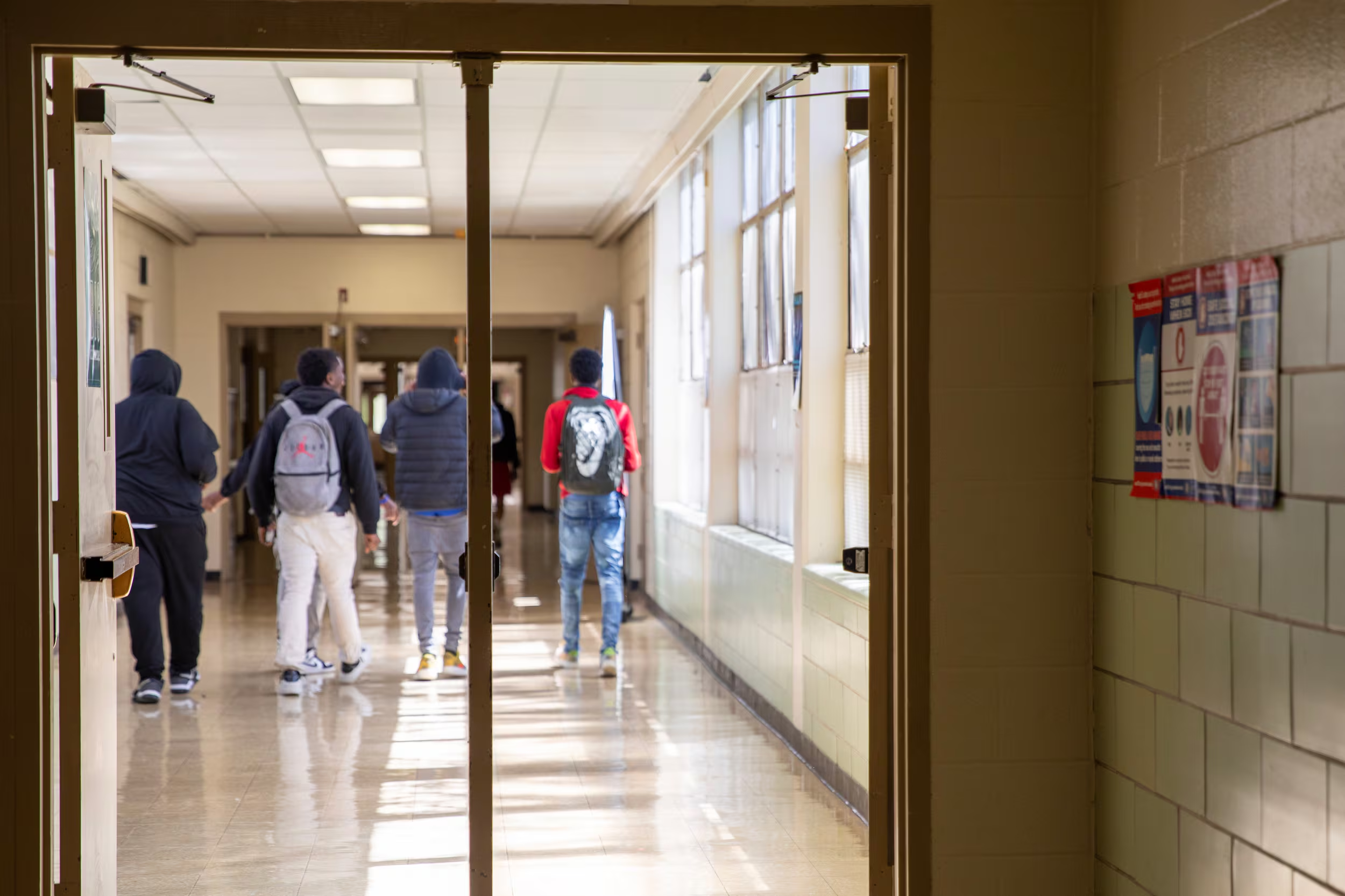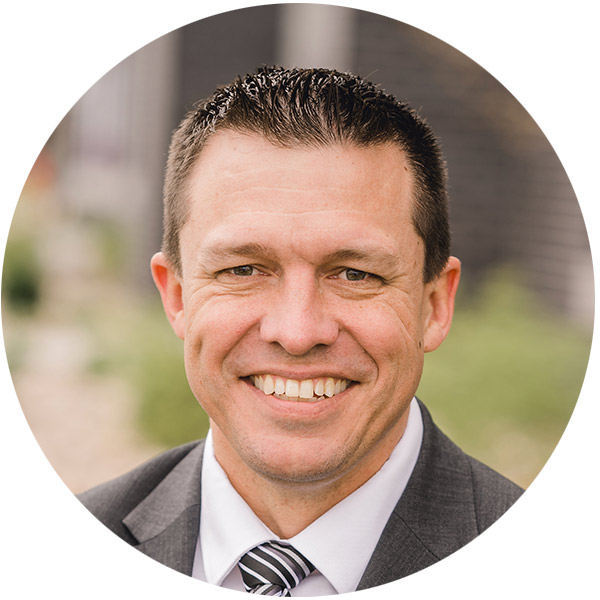Sixteen million students are expected to leave public schools by 2030.
That is an actual prediction from the Learning Counsel. To put this in perspective, that’s more students than in Florida and Texas combined.
Although that figure may be overstated, it underscores a broader reality. Parents are walking away from a public school system that no longer serves their families.
The writing is on the wall. Districts across the country are shuttering neighborhood schools and consolidating into massive central campuses. Some districts are even hiring recruiters to enroll more kindergarten students. That same district is considering other drastic changes, including eliminating middle schools and starting microschools.
While public school enrollment has dwindled since the pandemic, homeschooling popularity has surged. Families are blending co-ops, online programs, tutoring, and even individual public school classes into highly personalized models.
Technology is accelerating this shift. AI, pre-recorded lessons, and online lessons from experts across the country are enabling forms of learning that were unimaginable a decade ago.
At the same time, school choice policies are rewriting the rules for families seeking alternative options. More than thirty-five states now allow parents to use education savings accounts or similar programs to fund homeschooling, tutoring, or microschools.
While public school districts are closing schools, independent teachers are opening community learning centers, also known as microschools, to restore a sense of community.
Regardless of whether sixteen million students leave public schools by 2030, the trajectory is clear: families are demanding choice, customization, and community. Utah policymakers should embrace this shift. That means expanding Utah Fits All, eliminating regulatory barriers, and making room for new models of education.
Giving parents the ability to walk away from schools that don’t work for their children is sending shockwaves through the education industry. The only question is will Utah lead the way by funding all families who want something different?






